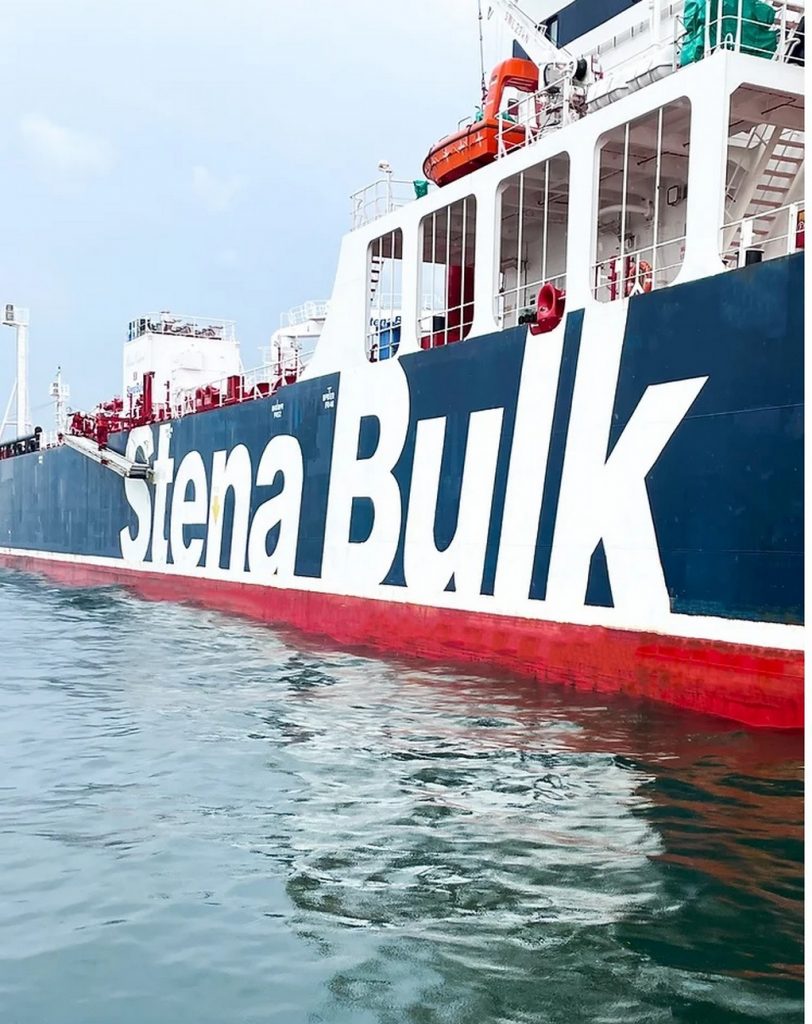Building upon the success of the Stena Germanica in 2015, Lloyd’s Register (LR) and Stena Lines will work together on a project to retrofit two fast roll-on/roll-off (RoRo) vessels with methanol propulsion.
The conversion will see the Stena Superfast VII and Stena Superfast VIII Ro-Ro ferries, which operate on the Scotland to Northern Ireland route between Cairnryan and Belfast, converted to methanol dual-fuel propulsion with the vessels transferring class to LR.
As part of the project, the retrofit process will convert two out of the four main engines in each vessel to run on methanol alongside MGO (Marine Gas Oil). The ship’s bunkering, storage, fuel supply and supporting systems will also be adapted for methanol.
The LR-classed Stena Germanica is the only retrofitted methanol vessel in service and will provide valuable experience for the project to convert Stena Superfast VII and Stena Superfast VIII.
Methanol for Passenger Ships report shows that methanol is an increasingly technically viable for shipowners, however Infrastructure and investment need to be prioritised for widespread adoption. LR has also built upon its expertise with projects such as the partnership with Danish methanol-as-marine-fuel consultancy Green Marine focusing on seafarer training for methanol handling and approval in principle for NACKS methanol-fuelled 81,000 DWT bulk carrier.
Tags: Ferries, LR, Methanol, Stena



Recent Posts
Blue Marlin Becomes First Inland Cargo Vessel with Solar-Assisted Propulsion
ABB and Royal Caribbean Partner on 15-Year Deal to Drive Vessel Efficiency and Decarbonization
IET Establishes Centres of Excellence for Green Hydrogen and Electric Vehicle Research
SECI Cancels Green Hydrogen Hub Tender, Pauses Momentum on Flagship Mission
India Pushes Green Shipping and Sustainable Waterways in Northeast with ₹5,000 Crore Investment
Himachal Pradesh Plans Major Boost to Public Transport with E-Buses and Digital Upgrades
Ammonia-Fueled Container Feeder Design Marks Progress in Maritime Decarbonisation
ABS Develops Industry-Leading EV Battery Fire Simulation Modeling